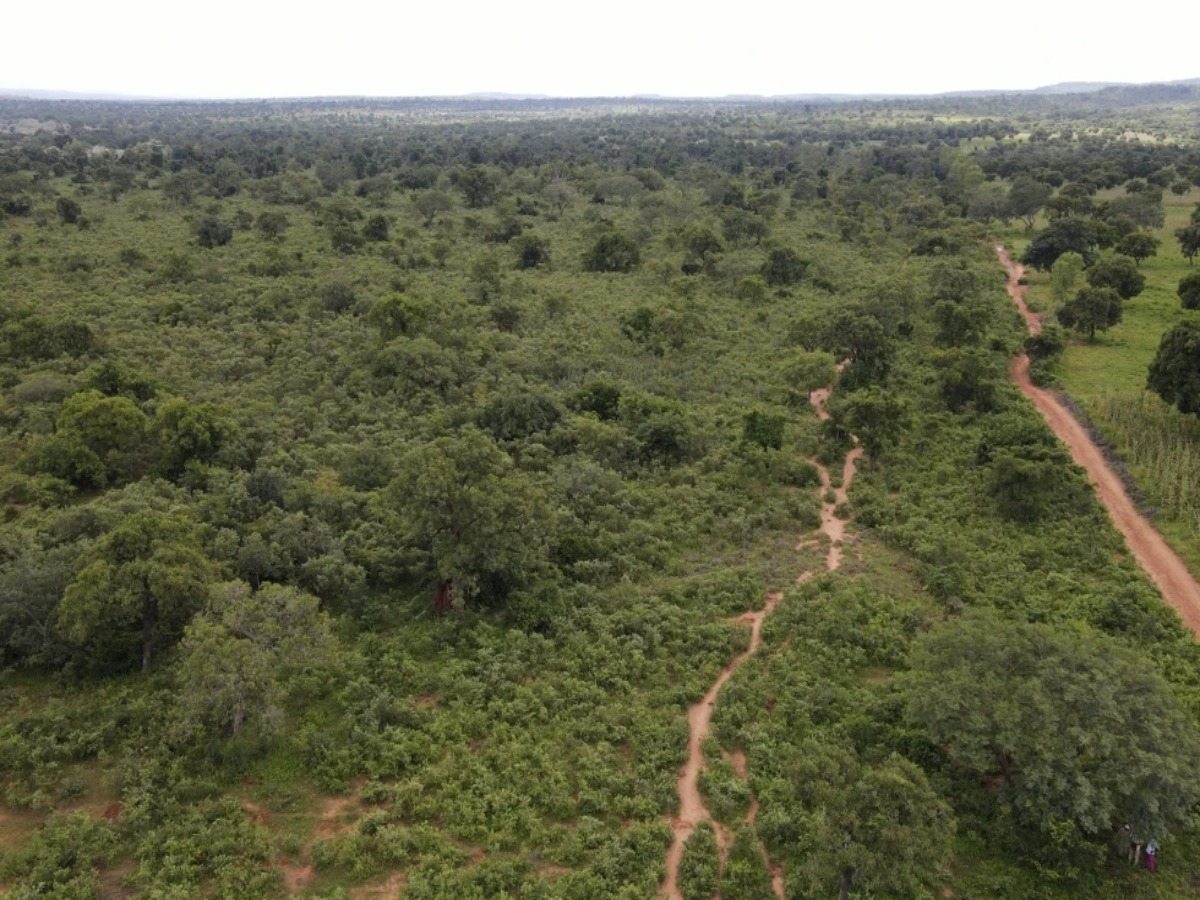Militants linked to Al-Qaeda have opened a new front in Mali’s conflict by striking at the country’s fuel lifeline. Over the weekend, fighters belonging to Jama’at Nusrat al-Islam wal-Muslimin (JNIM) burned tankers coming in from Ivory Coast, footage circulating online revealed. A security source in Sikasso confirmed the attacks, which took place in the southern region.
The assault came days after JNIM publicly declared a blockade on Mali, vowing to halt fuel imports from neighboring states. The group, considered the deadliest insurgent force in the Sahel, already controls territory in Mali and Burkina Faso and has mounted raids in Benin and Togo along the Gulf of Guinea.
Mali’s transport ministry acknowledged the threat and said it was holding talks with transportation unions to weigh responses. Analysts warn the blockade could choke the economy of the landlocked nation, which relies heavily on imported fuel from Ivory Coast and Senegal.
READ ALSO: Mali’s former prime minister Choguel Maiga jailed on corruption charges
“This is to bring more pressure on the military, the state, and their Russian partner,” Remadji Hoinathy of the Institute for Security Studies told The Associated Press. “It is a way of JNIM saying they are on the ground and have the capabilities of wreaking havoc.” He cautioned that the strategy could ripple across borders, discouraging suppliers from delivering fuel and deepening economic distress.
The broader Sahel has already endured years of worsening violence. Mali, Burkina Faso, and Niger withdrew from ECOWAS in 2023 after successive coups, turning instead to Russia for security assistance while cutting ties with Western allies such as France. Despite this pivot, data shows militant attacks have only escalated.
Experts say the new fuel embargo emphasizes JNIM’s shift toward targeting economic infrastructure, raising the stakes for governments already struggling to contain insurgencies.
READ ALSO: Funding cuts from USAID disrupt language education for thousands in Mali










